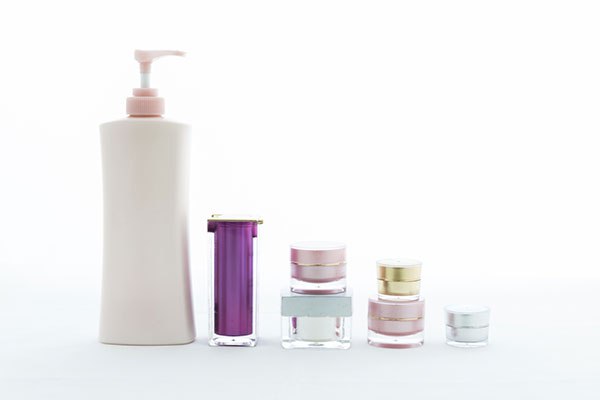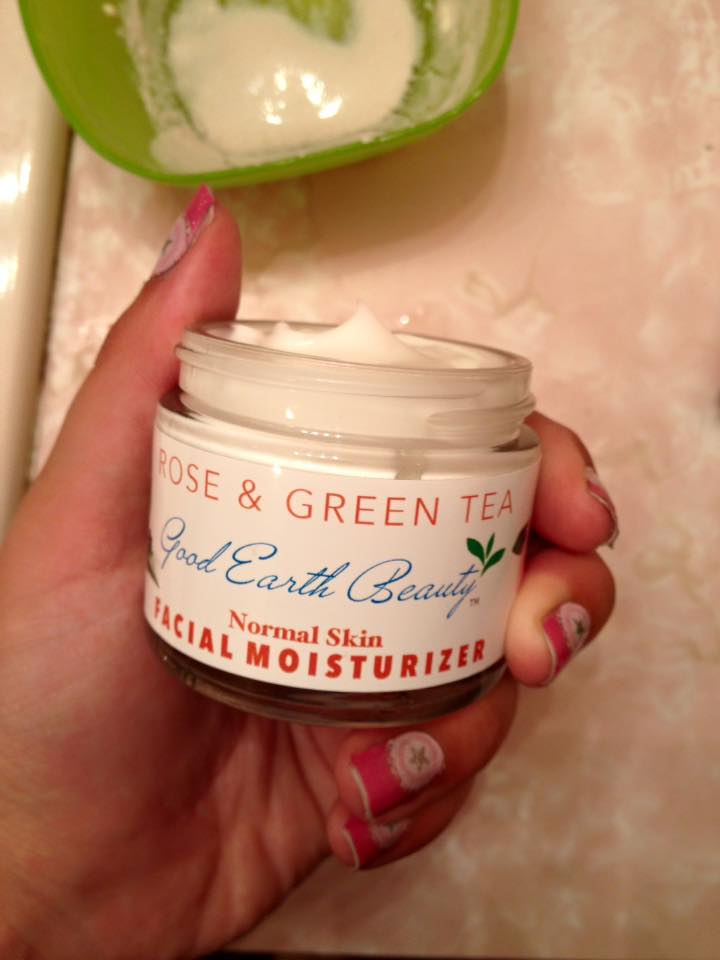Adapt Your Skincare Routine: The Beauty Update You Need To Be Aware Of This Winter

Especially now that the leaves have started changing colors and are falling to the ground, it has become a reality that summer has passed and the colder months are on their way.
This shift in seasons is one that our bodies do not take lightly. The change in weather causes people to suffer from allergies, Seasonal Affective Disorder, also known as S.A.D., and other strains of seasonal illness. Physically, the seasonal shift takes a toll on our wellbeing as well. During the colder months people tend to exercise less and eat more, delving into comfort food cravings at an increasing rate. Not only does this take a toll on our wellbeing, but also on our skin.
Lack of exercise and a non-structured diet, combined with the harshness of the colder weather equates to increased sick days and unhealthy skin. Sue Magou, consultant dermatologist told The Telegraph, “there is less moisture in the air and what natural oil you do have in your skin can be blown away by the wind. Once inside, central heating is also very drying.”
Fortunately, there are ways that you can tackle the issue of keeping your skin healthy this season that benefit your diet as well. Eating healthily and munching on certain foods can actually be beneficial to both your body and skin during these next few months.
During the colder months, your skin needs some extra pampering. According to the American Skin Association, “dry skin, or Xerosis, often worsens in the winter, when several factors contribute to skin dryness: low temperature and low humidity caused decreased amounts of water in the stratum corneum.”
It is because of the lack of moisture that makes awareness of proper skincare important during these colder months. “Your skin will end up being dull and dry in the fall and winter if you don’t make an effort to keep it from being that way,” explains Katherine Goldman, celebrity esthetician/waxologist. “We help people have a great glow to their skin all year and help keep their skin both looking and feeling great all winter long. With a little bit of effort, anyone can do it.”
One natural skincare trick that helps keep your skin hydrated actually involves snacking. According to Dr. Christopher Calapi, a board certified dermatologist and doctor in family and anti-aging medicine, “beauty really does come from within.” Dr. Calapi suggests munching on certain foods in order to help preserve different elements of a healthy derma, or skin.

One of the most common skin problems people find during the colder months is dehydration. Dr. Calapi suggests adding more honey into your diet, “honey is a natural humectant, meaning it attracts water. When it comes to your skin, consuming honey helps draw water from the mineral tissues to the surface of the skin, keeping it moisturized, supple and flake-free.”
Another simple trick is to check what type of skincare products you are using in the fall and winter. According to New York-based dermatologist, David Bank, “The biggest battle in winter versus summer is skin getting dried out and losing its luster, so you want to think about switching out oil-fighting cleansers, toners, moisturizers and treatments such as masks or peels, in favor of hydration-boosting products.”
This is something that is also recommended by the Saint Louis University Physicians Group. In a SLU Journal, dermatologist and associate professor of dermatology, Nicole Burkemper, M.D., explains that we should “use a moisturizer that contains ceramides – the main component of the natural skin barrier – it can be especially helpful in the dry months.”
Using a skin moisturizer is incredibly important to encourage healthy skin. GLAMOUR UK Beauty Director, Alessandra Steinherr explains, “the function of moisturizer is to reinforce the skin’s barrier. This matters because it keeps moisture in the skin, resulting in a fresh, dewy complexion. But just as importantly it prevents bacterias and irritants from penetrating into the skin.”
Once you have found the perfect moisturizer to aid your skin, the next step will be to switch up your skincare routine. The New York Presbyterian Hospital suggests “immediately apply moisturizers after bathing or showering. While your skin is still wet it will better trap and absorb moisture.” After a quick warm shower – be careful, according to the British Skin Foundation, “a long hot bath can strip away much needed natural oil from the skin. Try and shorten the length of time and remember to keep the temperature warm, not hot” – get ready for bed a bit earlier than usual schedule.

According to Dr. Kaleroy Papantoniou, a board certified NYC dermatologist, “During sleep we heal, restore and eliminate toxins from the skin. If sleep is compromised, so is the body’s ability to carry out these essential skin functions.” Sleep is so important to all aspects of your physical and emotional health, in addition to it being an essential part of your skincare regimen. Papantoniou explains, “During the first three hours of sleep your body will start producing the human growth hormone from the pituitary gland. As we age, this hormone is necessary for the maintenance of youthful and radiant skin. Without this hormone release, skin is not repaired from daily damage and thus induces the aging process.”
Have trouble sleeping? According to Dr. Calapai, the answer is in a glass of tart cherry juice. “Who knew that this tangy drink naturally contains melatonin? Well, it does and melatonin promotes sleep,” he explains.
As you start breaking out your sweaters and fuzzy socks – all the fuzzy socks – remember to follow these tips and revamp your skincare regimen in a way that adapts to the season. Stock up on moisturizer and healthy foods, and remember to try to start going to bed a little bit earlier. Once you get into this routine, you’ll reap the benefits of using sleep and moisturizer as your protective armor this season.
Stay tuned for an upcoming roundup of the best new cold weather skincare products!
Stay Classy! x